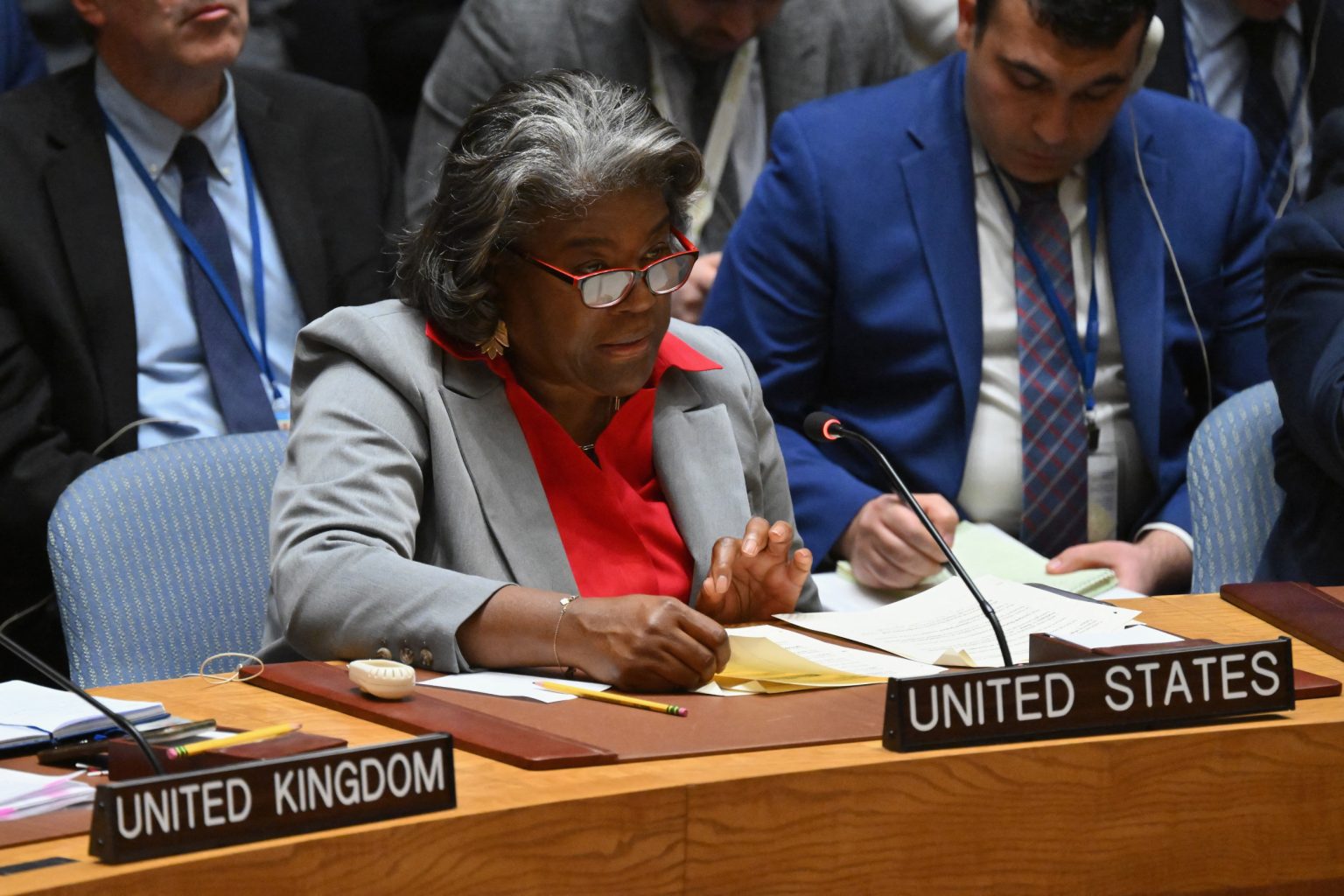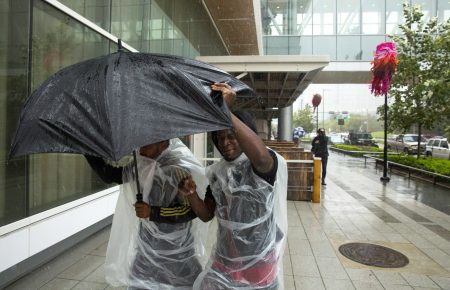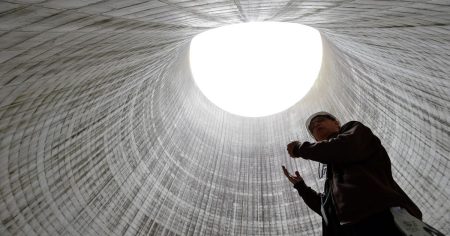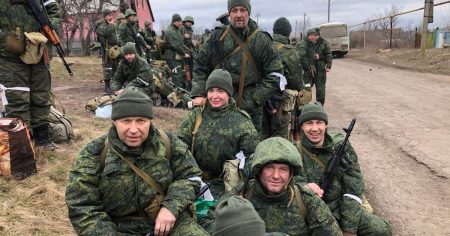The United States has accused Russia of “hiding something” after Russia vetoed a United Nations Security Council resolution banning nuclear weapons in space. The resolution, drafted by the U.S. and Japan, aimed to reaffirm the 1967 Outer Space Treaty and prevent an arms race in outer space. Despite 13 members voting in favor of the resolution and China abstaining, Russia was the lone “no” vote, with Russian U.N. Ambassador Vassily Nebenzia calling the resolution “a joke” before exercising his veto power. The U.S. Ambassador to the U.N., Linda Thomas-Greenfield, criticized Russia for abandoning efforts to prevent the use of nuclear weapons in space and questioned why Russia would not support a resolution affirming existing rules.
Deputy U.S. Ambassador to the U.N. Robert Wood also suggested that Russia’s lack of support for the resolution made him wonder if they were hiding something. Prior to the vote, Russia and China proposed an amendment calling for a ban on all weapons in space, which was not adopted by the council. Despite Russian President Vladimir Putin’s statement that Moscow has no plans for placing nuclear weapons in space, he recently ordered funds to be allocated for the development of “space nuclear energy.” This move has raised concerns about Russia’s intentions in space, particularly in light of the vetoed resolution aimed at preventing the weaponization of space.
The U.S. has accused Russia of “hiding something” after Moscow vetoed a United Nations (U.N.) Security Council resolution banning nuclear weapons in space. The resolution, which was drafted by the U.S. and Japan, called for U.N. members to commit to the peaceful use of outer space and preventing an arms race in space. Despite 13 members voting in favor and China abstaining, Russia was the lone “no” vote, with Russian U.N. Ambassador Vassily Nebenzia calling the resolution “a joke” before using his veto power. U.S. Ambassador to the U.N. Linda Thomas-Greenfield criticized Russia for abandoning efforts to prevent the use of nuclear weapons in space, questioning their motives for not supporting the resolution.
Deputy U.S. Ambassador to the U.N. Robert Wood also raised concerns about Russia’s lack of support, suggesting that they may be hiding something. Prior to the vote, Russia and China proposed an amendment calling for a ban on all weapons in space, which was not adopted by the council. Despite President Putin’s denial of plans to place nuclear weapons in space, he recently ordered funds for the development of “space nuclear energy,” prompting further speculation about Russia’s intentions in space. The U.S. and other members of the Security Council have expressed disappointment in Russia’s veto of the resolution aimed at preventing the weaponization of space.
In response to the veto, U.S. Ambassador Thomas-Greenfield accused Russia of undermining the global non-proliferation regime and suggested that Moscow may have a hidden motive for their actions. She questioned why Russia would not support a resolution affirming existing rules if they were following them, calling the outcome of the vote “baffling and a shame.” The U.S. government and other supporters of the resolution have raised concerns about Russia’s veto and its implications for international efforts to prevent the militarization of outer space. The veto has further strained relations between the U.S. and Russia, with the U.S. expressing disappointment in Russia’s decision and calling for greater transparency in space activities.
The U.S. and other members of the Security Council have expressed concerns about Russia’s veto of the resolution and its potential impact on efforts to prevent the weaponization of space. The veto has raised questions about Russia’s intentions in space, particularly in light of recent developments related to “space nuclear energy.” Despite President Putin’s denials, the allocation of funds for such projects has sparked speculation about Russia’s military activities in space. The U.S. and its allies continue to call for transparency and cooperation in space activities to ensure the peaceful use of outer space and prevent an arms race in space. Russia’s veto of the resolution banning nuclear weapons in space has led to increased tensions between the U.S. and Russia, with further scrutiny of Russia’s activities in space expected in the coming months.














